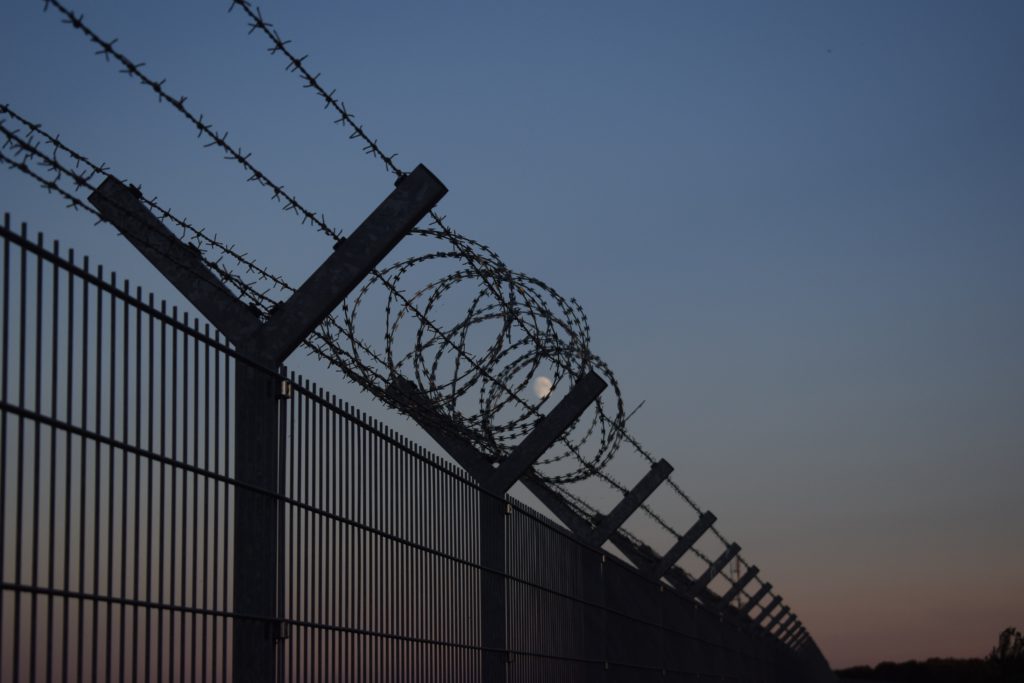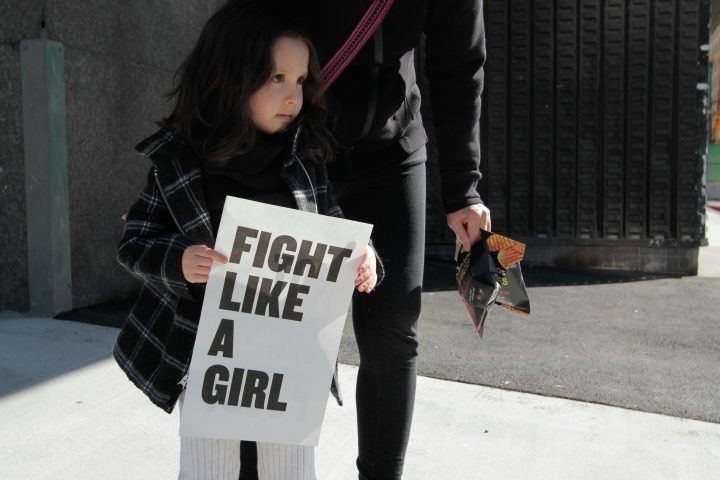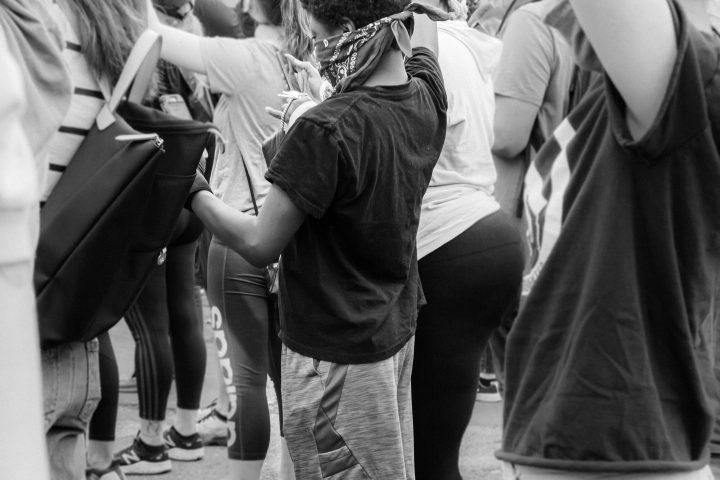Key Takeaways:
– Engaging in the Oppression Olympics involves comparing and ranking different forms of oppression, often leading to personal attacks and silencing of marginalized voices.
– Recognizing that oppression exists in various forms and being mindful of our privilege is essential in fostering respectful dialogue.
– Calling out factual inaccuracies is important, but it should be done in a way that promotes understanding and empathy rather than resorting to vilification.
Introduction
In the realm of online discussions, it’s not uncommon to witness debates turn sour, with individuals attacking one another instead of engaging in constructive dialogue. This phenomenon, particularly prevalent within feminist circles, is often referred to as the Oppression Olympics. It involves comparing and trivializing different forms of oppression, undermining the experiences of others, and perpetuating harmful dynamics.
The Pitfalls of the Oppression Olympics
When engaging in the Oppression Olympics, individuals make personal attacks, dismissing the experiences of others and prioritizing their own struggles. This behavior not only disregards the diverse range of experiences within marginalized communities but also inhibits productive conversations and meaningful connections.
It is crucial to recognize that oppression is multifaceted, and different individuals face distinct forms of discrimination. Engaging in a competition of suffering not only fails to address the complexities of oppression but also perpetuates division and hostility within social justice movements.
Understanding Intersectionality and Privilege
Recognizing intersectionality is vital in navigating discussions surrounding oppression. Intersectionality acknowledges that individuals can face multiple forms of marginalization based on their race, gender, sexuality, class, and other social factors. This approach emphasizes the interconnectedness of various systems of oppression.
Moreover, acknowledging our own privileges is essential in fostering respectful dialogue. Privilege does not negate the existence of oppression; rather, it highlights the importance of recognizing the advantages we have and using them to uplift marginalized voices.
Promoting Respectful Dialogue
While it is crucial to call out factual inaccuracies and distorted information, it should be done in a way that promotes understanding and empathy. Pointing out errors can be an opportunity for learning and growth, but it should not be a means to vilify or silence others.
Engaging in respectful dialogue requires actively listening, seeking to understand different perspectives, and challenging our own biases. It necessitates creating a space where individuals can share their experiences without fear of being attacked or invalidated.
Rejecting Kyriarchy and Building Solidarity
Oppressing others in an attempt to validate our own oppression only perpetuates harmful power dynamics. Kyriarchy, a term coined to describe intersecting systems of oppression, thrives when individuals engage in the Oppression Olympics.
Instead, we should strive for solidarity and empathy. By recognizing that all forms of oppression are interconnected, we can work together to dismantle oppressive structures and create a more inclusive and just society.
Conclusion
The Oppression Olympics hinder progress by pitting marginalized groups against one another and prioritizing personal validation over meaningful change. Recognizing the complexities of oppression, acknowledging privilege, and engaging in respectful dialogue are crucial steps in fostering understanding and empathy.
Let us move away from personal attacks and the silencing of voices. Embracing intersectionality and building solidarity will help us create a world where all individuals are valued and their experiences are heard and respected.









